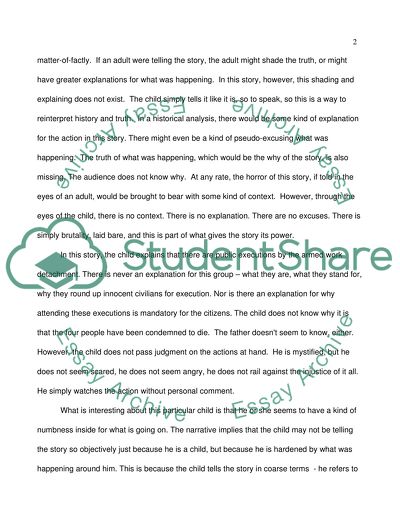Cite this document
(“Subjective truth and subjective history in literature Term Paper”, n.d.)
Subjective truth and subjective history in literature Term Paper. Retrieved from https://studentshare.org/literature/1403056-subjective-truth-and-subjective-history-in-literature
Subjective truth and subjective history in literature Term Paper. Retrieved from https://studentshare.org/literature/1403056-subjective-truth-and-subjective-history-in-literature
(Subjective Truth and Subjective History in Literature Term Paper)
Subjective Truth and Subjective History in Literature Term Paper. https://studentshare.org/literature/1403056-subjective-truth-and-subjective-history-in-literature.
Subjective Truth and Subjective History in Literature Term Paper. https://studentshare.org/literature/1403056-subjective-truth-and-subjective-history-in-literature.
“Subjective Truth and Subjective History in Literature Term Paper”, n.d. https://studentshare.org/literature/1403056-subjective-truth-and-subjective-history-in-literature.


